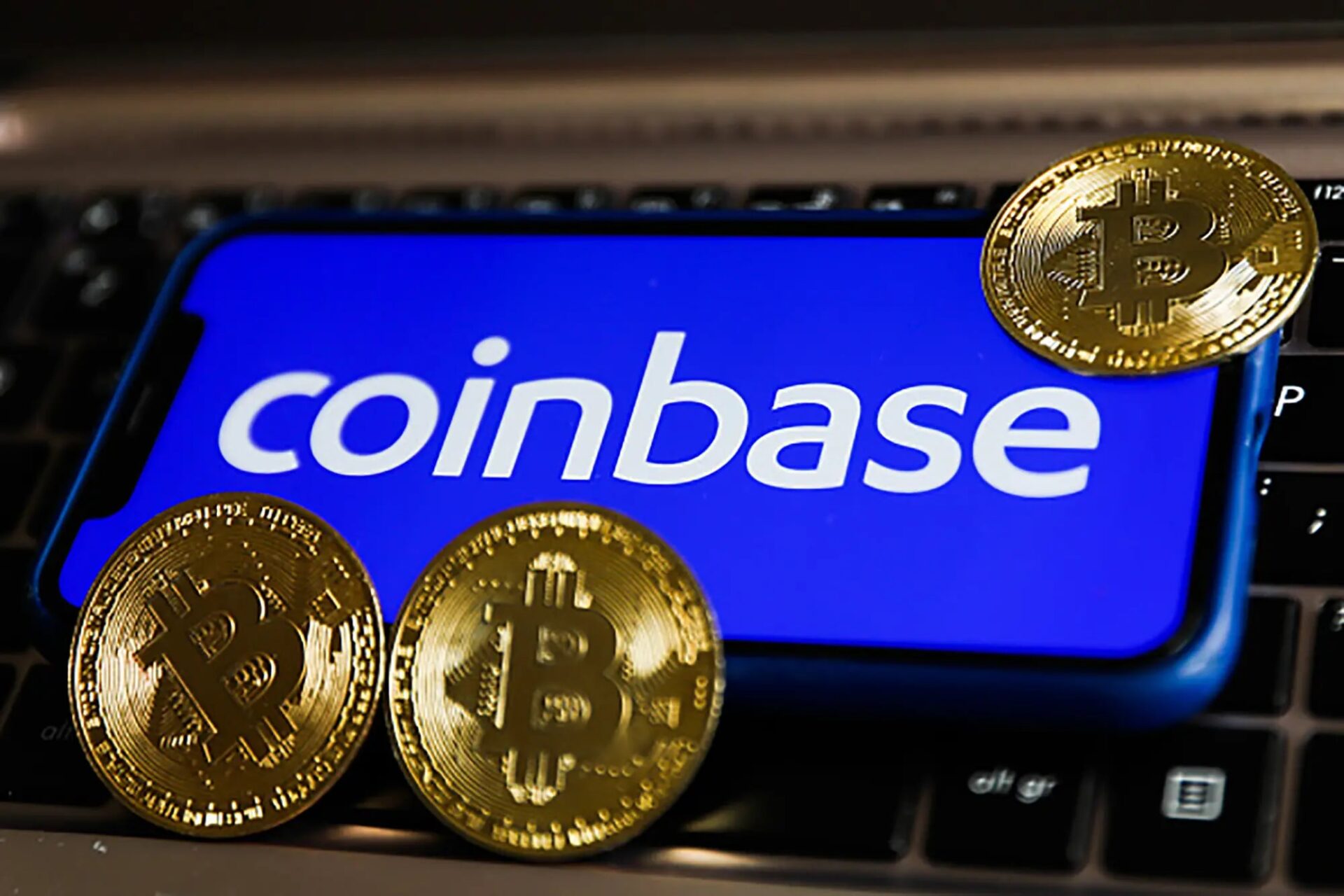PNC Joins Coinbase Onchain Push, Are U.S. Banks Quietly Building a Crypto Banking Layer?

Key Takeaways:
- Coinbase partners with PNC Bank, signaling deeper U.S. banking adoption of onchain infrastructure.
- The deal enables crypto-native features like wallet integrations and tokenized access, a major step for regional banks.
- More banks are expected to follow, accelerating the shift toward crypto-banking as regulatory clarity improves.
A quiet but significant move just reshaped the U.S. crypto banking narrative. Coinbase President and COO Emilie Choi confirmed a new partnership with PNC Bank, calling it a “new way to bring new people onchain.” It’s a telling signal in a broader trend: U.S. banks are no longer standing on the sidelines; they’re stepping directly into crypto-native infrastructure.
As Wall Street titans like JPMorgan blaze ahead with integrated crypto features, regional players like PNC are following strategically and quickly.
Read More: Coinbase Launches Perpetual Futures, U.S. Traders Finally Access 90% of Global Volume

Onchain Tools Are Becoming Standard in Banking
What was once experimental is now rapidly becoming standard:
- Wallet-linking APIs are now being embedded into core banking apps.
- Tokenized rewards and stablecoin payout options are gaining traction across U.S. banking products.
- Digital ID and KYC tokens, compliant with FinCEN guidance, are being piloted for instant onboarding.
Internal estimates done by The Block Research point to more than 18 U.S. banks currently negotiating with crypto infrastructure providers to achieve access to a wallet level and the use of blockchain-based settlement.
Smarter contracts also enabled Visa and Mastercard to introduce tokenized settlement rails, helping banks to utilize them in the internal collections and external functionality, such as smart contracts.
PNC’s move shows that crypto isn’t a separate product anymore, it’s being baked into everyday finance.
Competitive Pressure Builds Among Regional Banks
As JPMorgan experiments with its deposit token JPMD on Coinbase’s Base network, PNC’s Coinbase deal is more than just a feature upgrade, it’s a competitive hedge.
Regional banks have historically lagged in digital innovation, but crypto-native tools present a leapfrogging opportunity. By jumping ahead on wallet integration, PNC positions itself as forward-looking, especially to younger and crypto-savvy customers.
Meanwhile, Green Dot and SoFi are building similar services with other infrastructure providers. Even Wells Fargo and Citi, previously conservative, are reportedly testing USDC flows internally, according to two people close to the discussions.
Institutional demand is catching up too. More than $4.6 billion flowed into crypto-related financial products in Q2 2025, per CoinShares. That includes tokenized treasuries, staking-as-a-service, and corporate stablecoin holdings.
The significance of Coinbase’s partnership with PNC Bank goes beyond technical integration, it’s about normalizing crypto as default infrastructure in U.S. banking.
The post PNC Joins Coinbase Onchain Push, Are U.S. Banks Quietly Building a Crypto Banking Layer? appeared first on CryptoNinjas.